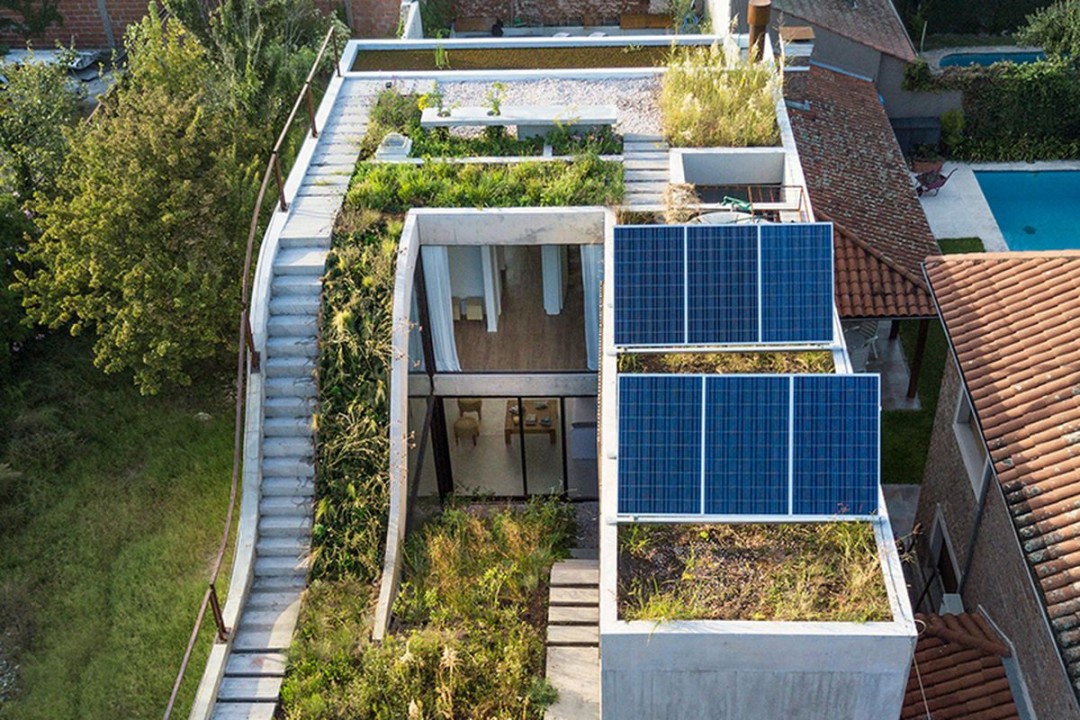
The real estate industry in Nigeria is undergoing a transformation. As urbanization accelerates and demand for housing increases, developers, architects, and policymakers are beginning to recognize the urgent need for sustainable real estate development. Beyond aesthetics and profit, there is now a focus on eco-friendly design trends that prioritize energy efficiency, environmental preservation, and healthier living spaces.
In Nigeria, where challenges like climate change, rising energy costs, and rapid urban growth are pressing issues, embracing green building practices is no longer optional—it’s essential.
Why Sustainable Real Estate Matters in Nigeria
- Energy Efficiency: With the country’s unstable power supply and dependence on fossil fuels, energy-efficient buildings reduce costs for residents and ease pressure on the national grid.
- Environmental Protection: Eco-friendly design reduces deforestation, waste, and greenhouse gas emissions, helping Nigeria combat climate change.
- Healthier Living: Sustainable buildings often feature natural lighting, improved ventilation, and non-toxic materials, creating healthier spaces for occupants.
- Economic Value: Eco-certified buildings can attract higher property values, rental income, and investor confidence.
- Government Alignment: Nigeria’s climate action commitments (Paris Agreement, SDGs) encourage developers to adopt green construction practices.
Eco-Friendly Design Trends Shaping Nigeria’s Real Estate
- Solar-Powered Homes and Offices
Solar energy is becoming a cornerstone of sustainable housing. Developers are integrating solar panels into rooftops to provide alternative power sources, reduce dependence on generators, and cut energy bills.
- Rainwater Harvesting and Water Recycling
With water scarcity affecting many Nigerian cities, more properties are adopting rainwater harvesting systems, greywater recycling, and efficient plumbing designs to conserve water.
- Green Roofs and Vertical Gardens
Urban areas like Lagos and Abuja are experimenting with green roofs and vertical gardens that reduce heat, filter air pollutants, and provide urban agriculture opportunities.
- Locally Sourced, Eco-Friendly Materials
Builders are shifting from heavy reliance on imported cement and steel to more sustainable, locally available options such as bamboo, compressed earth blocks, and recycled materials. These reduce carbon footprints and support local economies.
- Smart Home Technology
Smart meters, energy-efficient lighting, and intelligent cooling systems are gaining popularity, allowing homeowners to monitor and minimize their energy usage.
- Passive Design for Climate Adaptation
Design strategies like cross-ventilation, natural shading, wider windows, and reflective roofing materials are used to reduce indoor heat and reliance on air conditioners.
- Mixed-Use Green Communities
Developers are creating self-sufficient eco-communities that combine residential, commercial, and recreational spaces with shared green areas, reducing commuting needs and fostering sustainable lifestyles.
Challenges Facing Sustainable Real Estate in Nigeria
High Initial Costs: Green building materials and technologies can be expensive upfront.
Limited Awareness: Many property buyers and investors are still unaware of the long-term benefits of sustainable designs.
Policy Gaps: While Nigeria has made commitments to sustainable development, enforcement of green building codes remains weak.
Infrastructure Deficiencies: Poor waste management systems and unreliable electricity supply pose barriers.
The Future of Sustainable Real Estate in Nigeria
The future is promising. With more Nigerians demanding eco-conscious living spaces, and international investors pushing for sustainable standards, eco-friendly design trends are expected to move from luxury projects into mainstream development.
Partnerships between government, private developers, and international agencies will be crucial to scale up these initiatives and ensure sustainability becomes the norm rather than the exception.
Sustainable real estate Nigeria, eco-friendly design trends Nigeria, green building in Africa, renewable energy real estate Nigeria, environmentally friendly housing Nigeria, sustainable construction Nigeria.
Conclusion
Sustainable real estate development in Nigeria is more than just a trend—it’s a necessity. By embracing eco-friendly design, the industry can address climate change, reduce energy costs, improve health, and unlock new investment opportunities. As Nigerian cities grow, building sustainably today ensures a healthier, greener future for generations to come.
Disclaimer
This article is intended for informational purposes only and should not be taken as professional financial, construction, or environmental advice. Readers interested in sustainable real estate investments or eco-friendly construction should consult with certified architects, real estate experts, or sustainability consultants to make informed decisions based on their specific circumstances.
